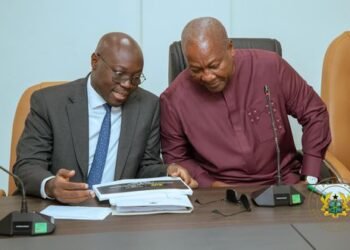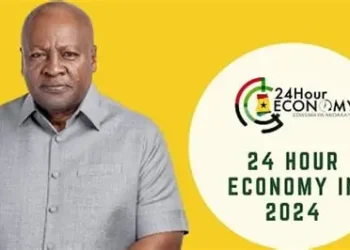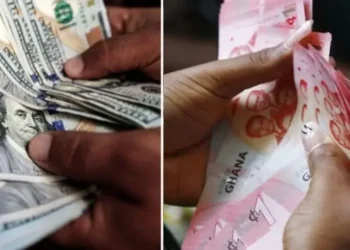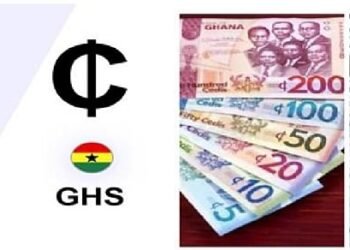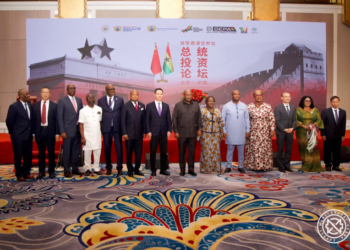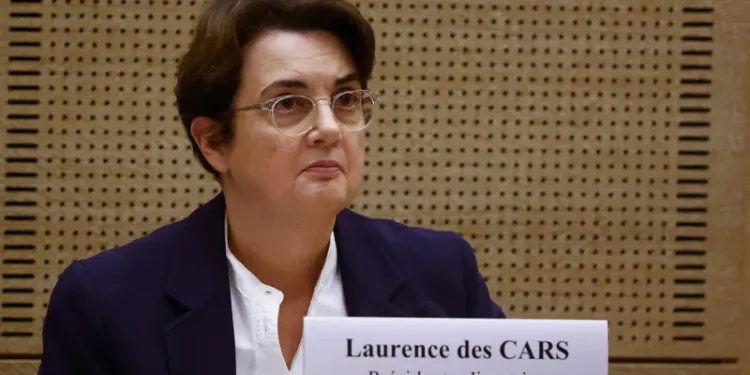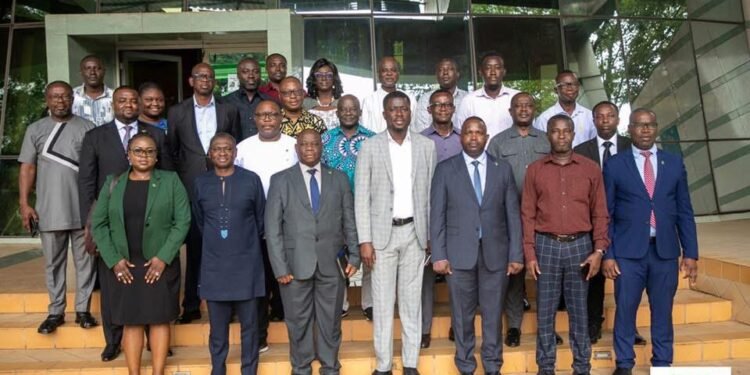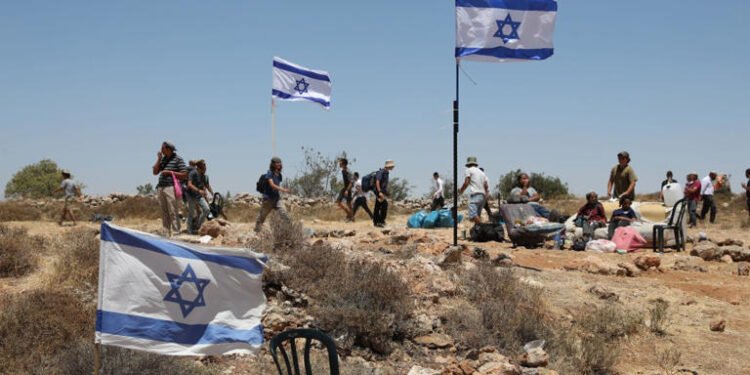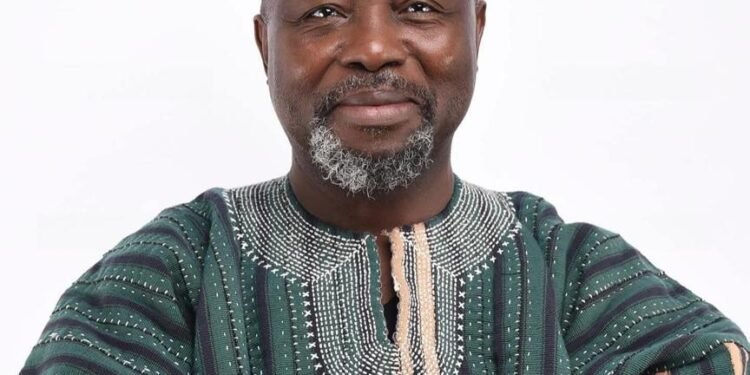Key professionals in Ghana are beginning to question the impact of the frequent bailouts and arrangements with the International Monetary Fund (IMF) as some believe that there has been little impact evident on the Ghanaian economy.
At various programmes and events, professionals have raised concerns over the continuous intervention Ghana seeks from the IMF, calling for the government to look within the country for professional participation and consultation.
During the Institute of Economic Affairs (IEA) Policy Dialogue Series on Ghana’s Natural Resource Management, Prof. Aaron Mike Oquaye, Former Speaker of Parliament, adding his voice to the ongoing conversation, insisted that policy directions from the IMF have yielded no permanent impact.
He reasoned that the consistent inability of Ghana to achieve the desired economic recovery and transformation, gives no reason for continuous dependence on the Fund.
“The IMF Programme has not done us any good. IMF cannot save us. After two or three visits, if there was any succour in these programmes, we would have noticed by now and we would have been healed.”
Prof. Aaron Mike Oquaye, Former Speaker of Parliament
The Former Speaker of Parliament argued that, if running to the IMF for bailout is taken off the table, leaders will begin to ask the tough questions on the way forward to establish Ghana’s self-sufficiency. He added that these questions could extend to the appropriate use of the abundant natural resources of the country.
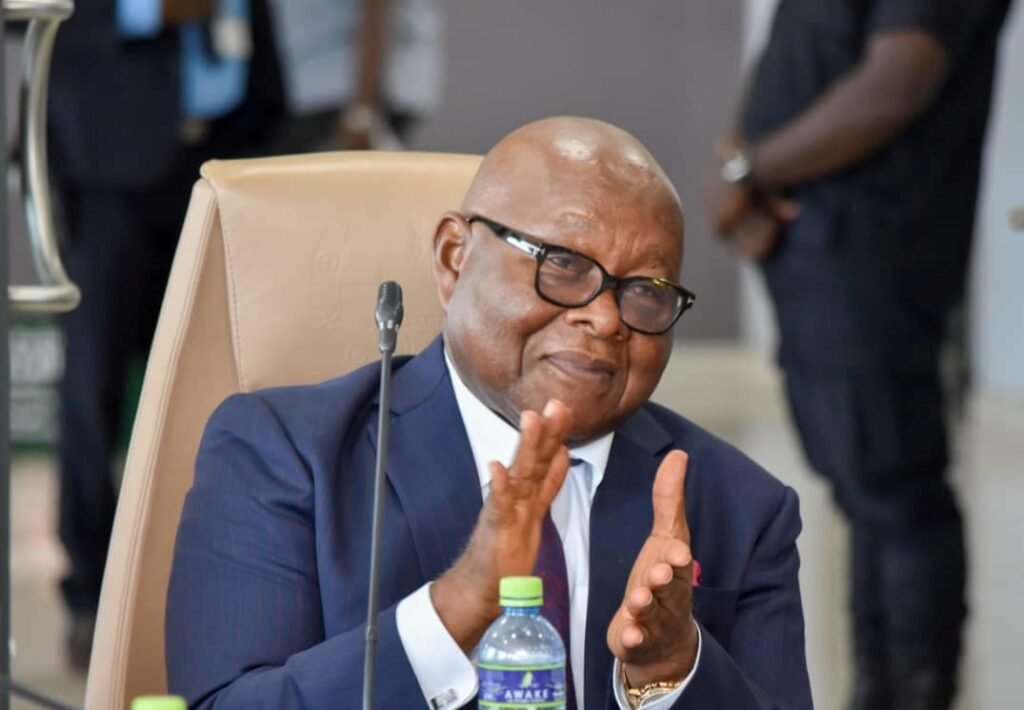
So far, Ghana’s dependence on the IMF and its remedies has only levied policy restrictions that prevent government from being adaptive in their fiscal space while discouraging innovation, Prof. Oquaye pointed out.
“If we seriously come to understand that this is a no-go area, we will begin to ask ourselves, what do we do? Is it by looking at our gold, oil, diamond?”
Prof. Aaron Mike Oquaye, Former Speaker of Parliament
IMF Structurally Misaligned with Gov’t Ambitions – Prof. Bokpin
Godfred Bokpin, Economist and Finance Professor, is certain that though the IMF’s policy directives and framework may stabilise the macroeconomic stance of the country, it is not intended to support the new policy direction, development priorities, indigenous long-term growth, and poverty reduction initiatives of the government.
Prof. Bokpin established that Ghana is on a structural transformation agenda which extends beyond just macroeconomic stability. Adding that the IMF intervention misaligns with the government’s new mandate and ambitions.
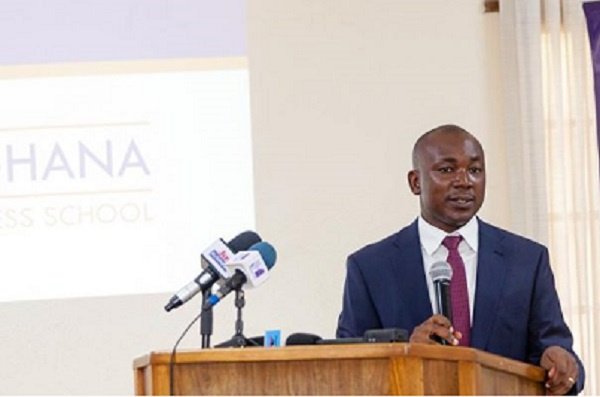
“The IMF-supported programme, in its current form, will provide some level of macroeconomic stability, but it is not structured in a way that aligns with the government’s new mandate and growth ambitions. It must be renegotiated.”
Godfred Bokpin, Economist and Finance Professor
He, therefore, presages that there could be a grave policy conflict and economic recovery disruption, insisting that fiscal discipline, economic growth, and poverty reduction under the IMF could prove difficult.
Think Beyond IMF – Prof. Aryeetey
Professor Ernest Aryeetey, a former Vice Chancellor of the University of Ghana, employs the country to think beyond the IMF to achieve economic stability and transformation. He insists that Ghana knows how to recover from economic hardships but political convenience his imprisoned it.
During the 26th GJA Awards in Accra on the theme: “Walking the path towards Ghana’s Economic Recovery – The Role of the Media,” he mentioned that economic stability and transformation which proceeds recovery requires broader participation.
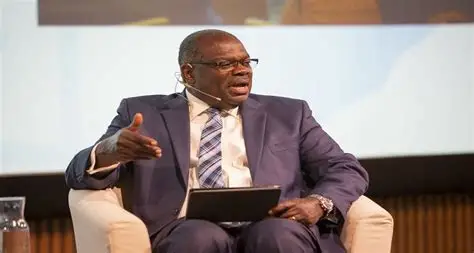
“Today, we are where we are because we failed to develop the right type of politics that will support economic transformation… (We need to) think about the political economy. How we (can) use our institutions to develop the right type of policies.
“Let’s encourage debates on the economy. Let’s create a Ghana where ideas flourish and stop tagging people who share their thoughts on the economy.”
Professor Ernest Aryeetey, a former Vice Chancellor of the University of Ghana
From his point of view, the home-tailored ideas are right here and are available. Ghana can recover economically as well as stabilise, grow, and develop with indigenous ideas devoid of politics.
IMF Programme
Ghana began its 17th IMF-supported programme in May 2023 with target requirements such as a primary budget surplus of 1.5% of GDP by the end of this year and a debt-to-GDP ratio of 55% by 2028.
This US$ 3 billion Extended Credit Facility (ECF) is aimed at restoring macroeconomic stability, promote fiscal discipline, and ensuring debt sustainability by the time the government exits the programme in May 2026.
President Mahama and the Bank of Ghana Governor, Dr. Johnson Asiama on various platforms have applauded the current achievements and gains of the economy, maintaining that the economy remains on a steady trajectory as the exit date approaches.
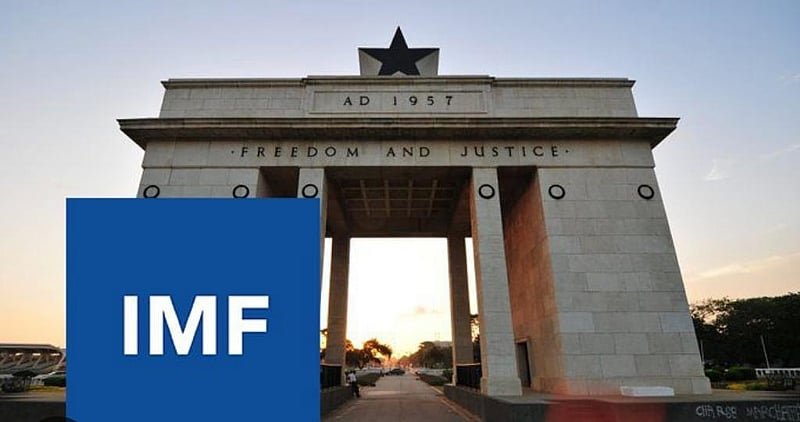
However, the three Professors think it is time Ghana look within and takes responsibility for the economy.
Ghana must tap into local solutions to judiciously use our natural resources in the absence of the IMF. Government’s new ambitious initiatives will structurally conflict with the IMF’s policies. Ghana must think beyond the IMF because the economy now needs broader local participation devoid of politics.
READ ALSO: Ghana Beats Fiscal Target as Budget Deficit Shrinks to GH¢19.7bn




